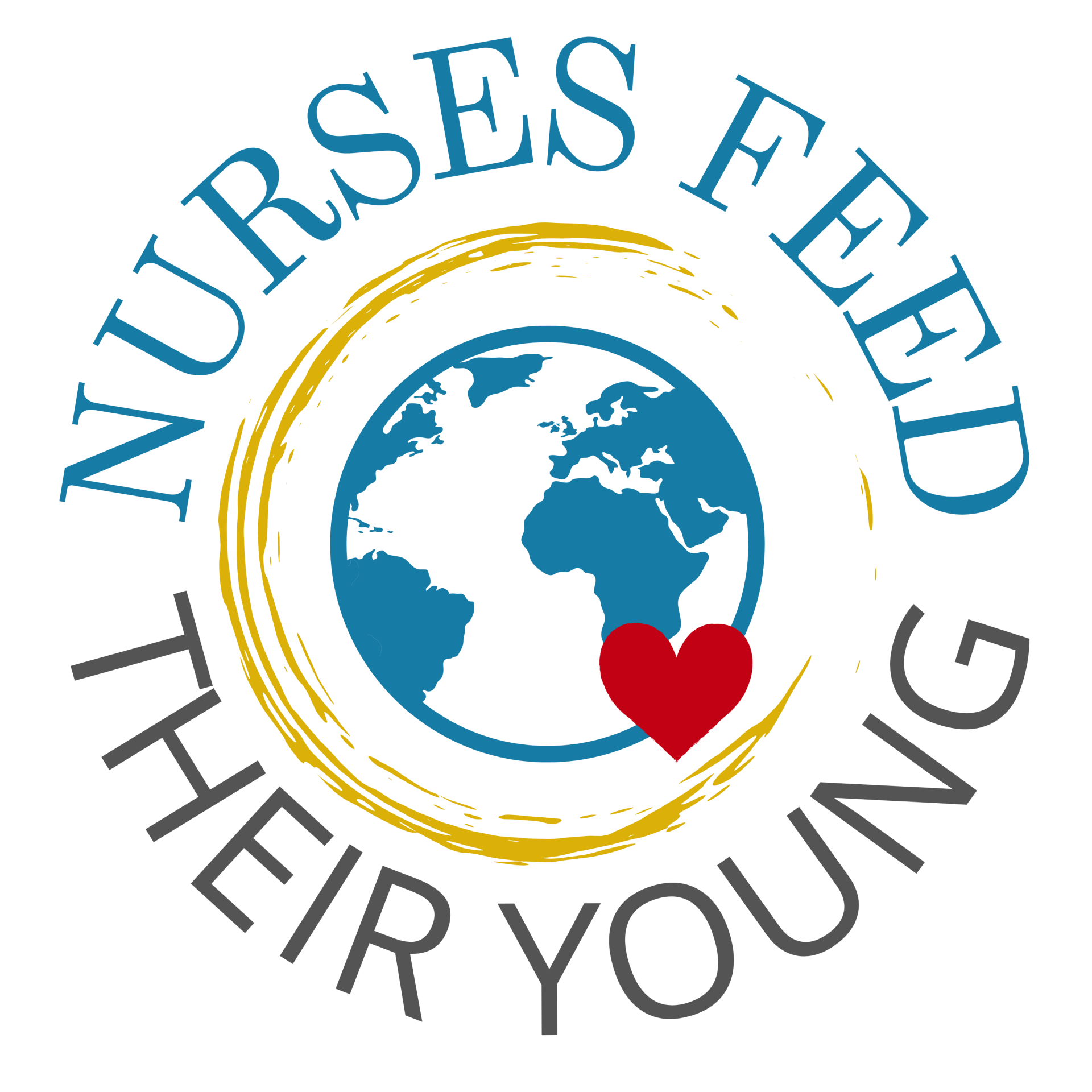5 WAYS NURSES CONTRIBUTE TO THE COMMUNITY
May 7
/
Teresa Sanderson RN, CCM
Empty space, drag to resize
As we celebrate Nurses Month and kick off Nurses Week, it's important to recognize the invaluable contributions that nurses make to the health and wellness of our communities. From preventative health fairs to end-of-life care, nurses are at the forefront of promoting public health and providing essential support to patients and their families.
Let's take a closer look at five ways nurses contribute to the community.
1. Preventative Health Fairs and Public Health Education
Nurses play a vital role in organizing and participating in preventative health fairs and public health education initiatives. By working in public health, nurses help renew lives and promote community health, mental health, and public safety. Their efforts in providing health education at the community level are invaluable.
Concerning test-taking, learners can submit course assignments through the LMS, participate in a discussion, or submit other tasks. Lastly, professors may provide feedback to the student through comments or emails when using this LMS.
Concerning test-taking, learners can submit course assignments through the LMS, participate in a discussion, or submit other tasks. Lastly, professors may provide feedback to the student through comments or emails when using this LMS.
2. Chronic Care Management
Chronic care management is a trending nurse entrepreneurial venture that involves collaborating with physicians to provide extended care for patients with chronic conditions. Nurses work as an extension of primary care physicians' practices, offering in-depth follow-up and management of patients in home-based settings. They provide resources, information, and training to help patients manage their illnesses effectively and achieve their health goals.
3. Home Health Care
Home health care nurses visit patients in their homes or the locations they call home, providing skilled care for those who have been discharged from the hospital after surgery or a serious medical illness. They offer wound care, dressing changes, supportive care, and patient education to help patients transition from acute care back to home. Home health care allows patients to receive care in the comfort and safety of their own homes.
4. Hospice and End-of-Life Care
Hospice nurses provide essential support to patients and their families during the end-of-life process. They are skilled in managing symptoms, providing pain relief, and offering emotional support during this challenging time. Hospice nurses work in various settings, including patients' homes, hospice facilities, and long-term care facilities, ensuring that patients receive compassionate care and support.
5. Concierge Nursing
Concierge nursing is a relatively new field that allows nurses to work independently and serve patients in the ways they choose, operating under their state nursing license. Concierge nurses can provide medication management, patient assessments, general assistance, and care coordination. They can accompany patients to appointments, schedule appointments, communicate with physicians, and coordinate care, making nursing more accessible to patients who are learning to live independently and maintain a high quality of life.
As we celebrate Nurses Month and Nurses Week, let us recognize the dedicated nurses who contribute to our communities in countless ways. From preventative health fairs to end-of-life care, nurses are the backbone of our healthcare system, providing essential support and care to patients and their families.
To show appreciation for all that nurses do, Nurses Feed Their Young has put together a special gift for every nurse – a hidden kitchen bundle. This bundle includes access to a free, first-annual Nurses Feed Their Young educational buffet, providing 30 contact hours of nursing continuing education at no cost. The topics covered in the buffet include entrepreneurship, leadership, and patient care.
So, to all the nurses out there, thank you for your tireless dedication, expertise, and compassion. Your contributions to the community are invaluable, and we salute you for everything you do.

Copyright © 2022-2024
Company
-
About Teresa
-
Affiliates
-
Contact Us